Dog attacks by banned breeds have been a contentious issue in the UK, raising concerns about public safety and the effectiveness of breed-specific legislation. Here’s a closer look at the situation.
Dog Attacks in the UK
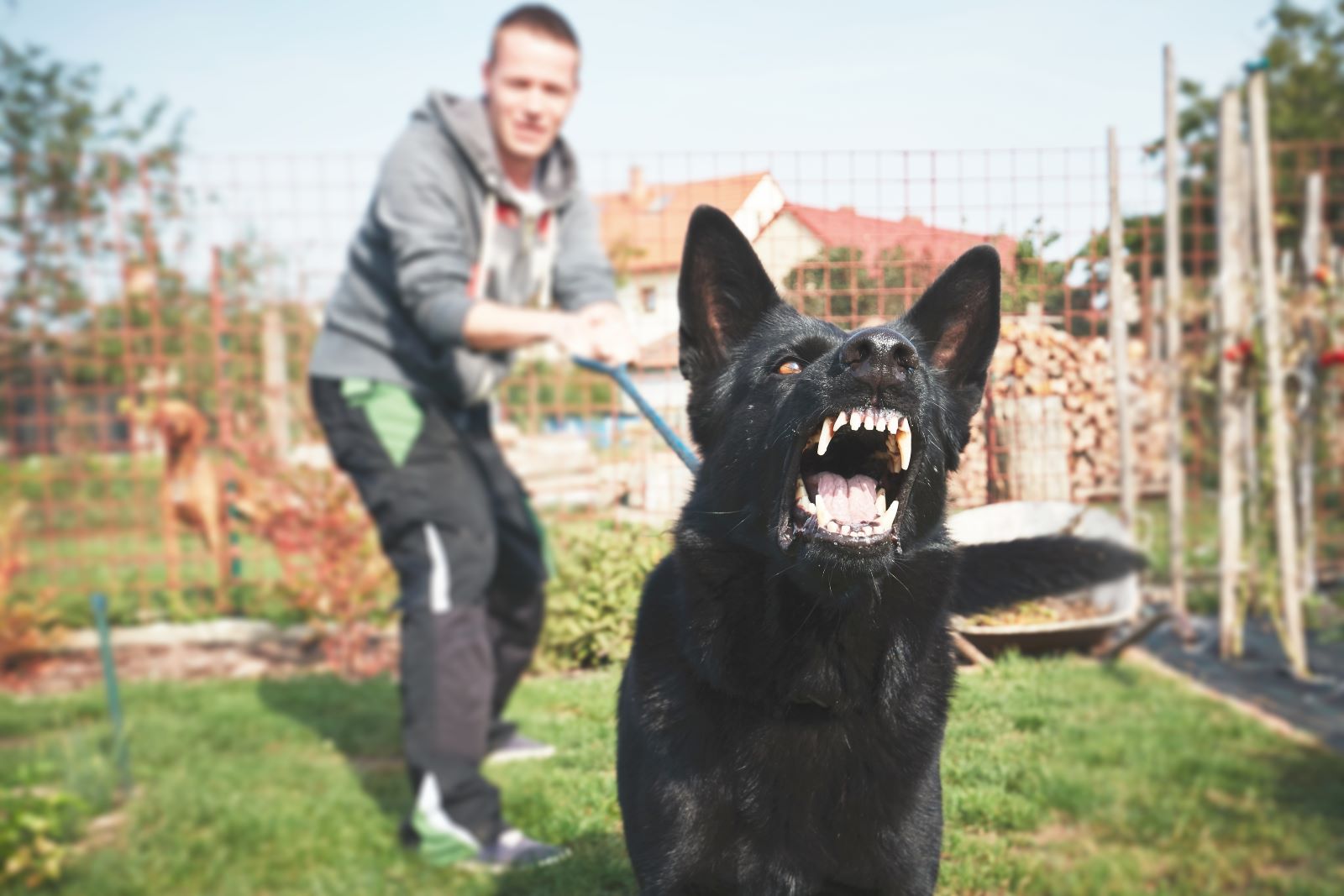
Dog attacks involving banned breeds continue to be a significant issue in the UK, prompting debates over the efficacy of existing laws and the need for further measures.
The Dangerous Dogs Act 1991
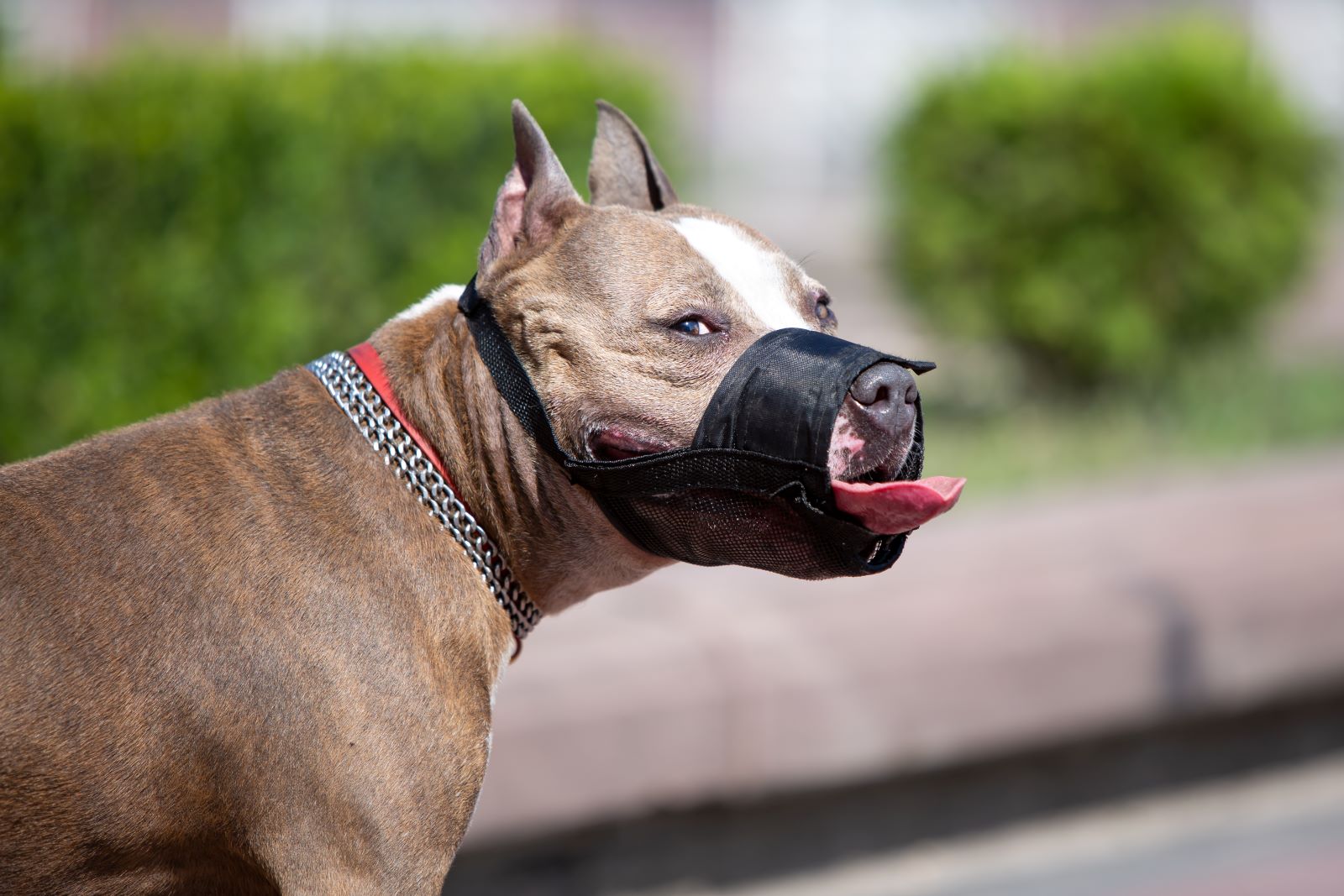
The Dangerous Dogs Act 1991 was introduced to protect the public from aggressive dog breeds known for their potential danger.
Breeds Banned Under the Act
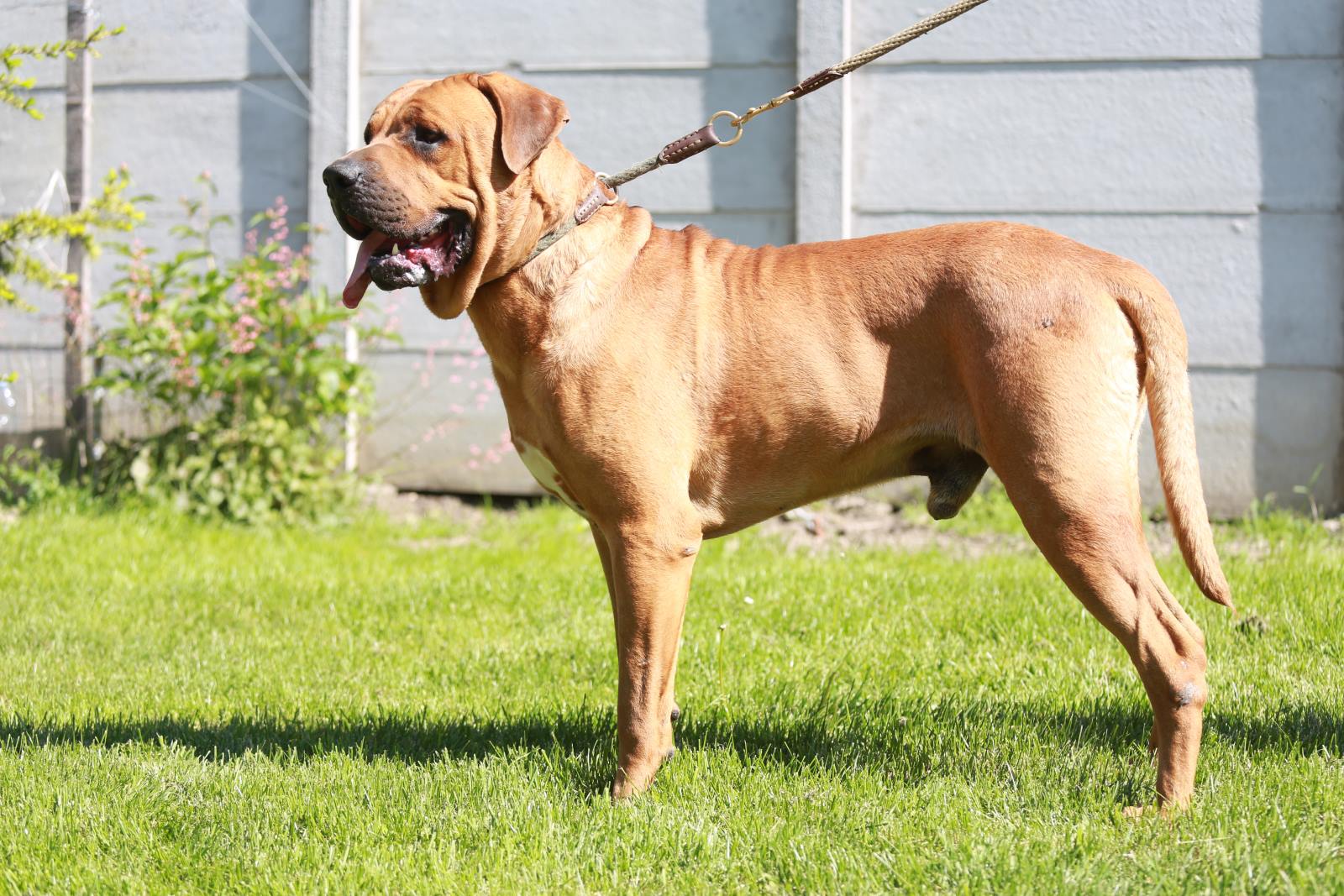
The Act specifically bans four breeds: Pit Bull Terrier, Japanese Tosa, Dogo Argentino, and Fila Brasileiro.
Rising Number of Dog Attacks
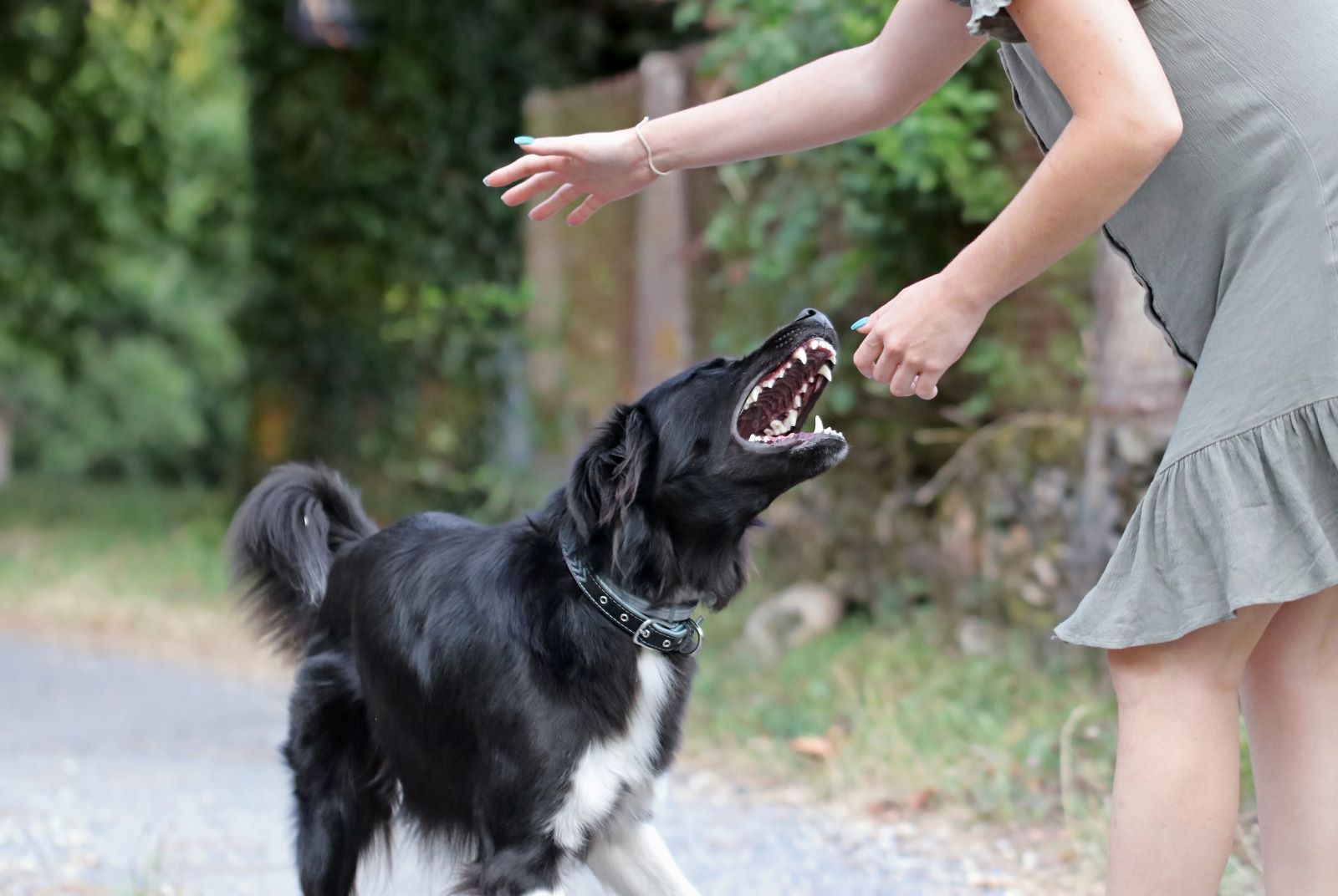
Recent years have seen an increase in the number of dog attacks in the UK, with some involving banned breeds.
Statistics on Dog Attacks

According to NHS data, there were over 8,000 hospital admissions due to dog bites in England in 2020, a significant rise from previous years.
Impact on Public Safety

Dog attacks have serious implications for public safety, leading to injuries, psychological trauma, and in some cases, fatalities.
Case Study: Recent High-Profile Attacks

In 2023, a series of high-profile attacks involving banned breeds garnered media attention and public outcry.
Government Response to Attacks

The government has reiterated the importance of the Dangerous Dogs Act and is considering additional measures to prevent further incidents.
Criticisms of Breed-Specific Legislation

Critics argue that breed-specific legislation is not effective and that the focus should be on responsible ownership and training.
Calls for Comprehensive Legislation

There are growing calls for comprehensive legislation that addresses all aspects of dog ownership, including breeding, training, and socialization.
The Role of Dog Owners

Responsible dog ownership, including proper training and socialization, is crucial in preventing dog attacks.
Training and Education Programs
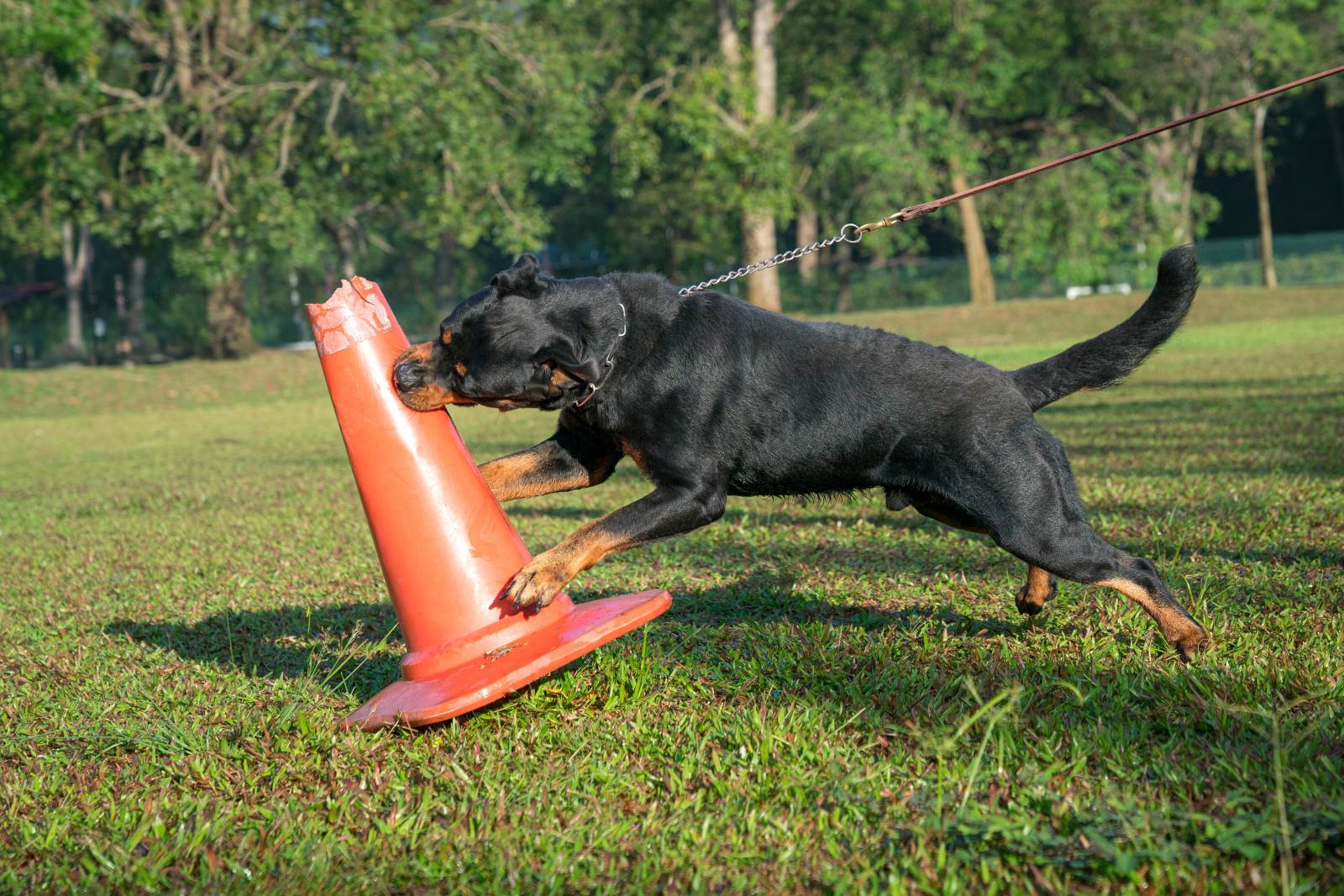
Training and education programs for dog owners can significantly reduce the risk of attacks.
Veterinary Perspectives

Veterinarians emphasize the importance of early socialization and proper care to prevent aggressive behaviour in dogs.
Community Initiatives

Community initiatives aimed at promoting responsible dog ownership have shown promise in reducing dog attacks.
Enforcement Challenges

Enforcing the Dangerous Dogs Act poses significant challenges, including identifying banned breeds and ensuring compliance.
Legal Consequences for Owners

Owners of banned breeds that attack can face severe legal consequences, including imprisonment and hefty fines.
Role of Animal Charities
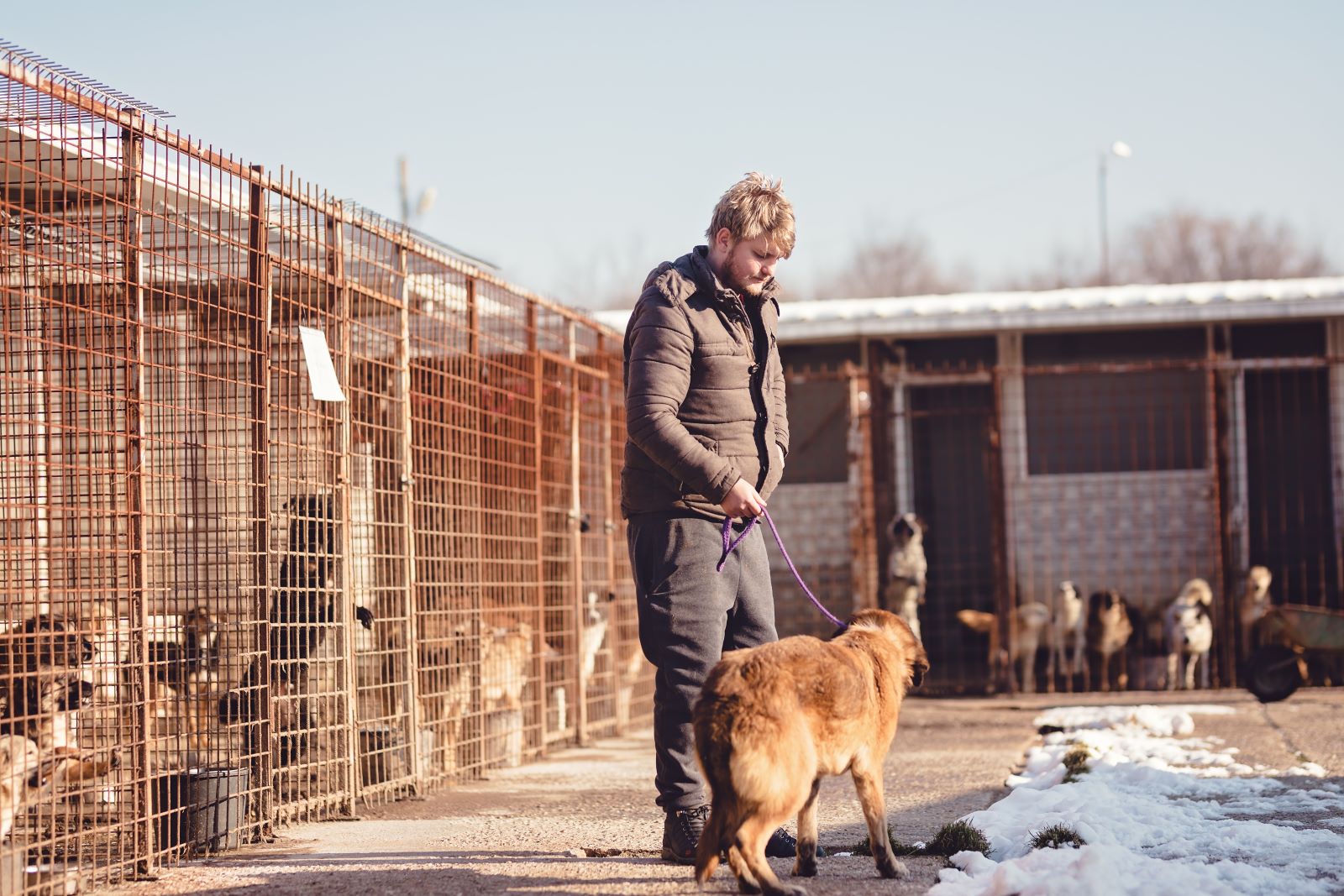
Animal charities play a crucial role in rescuing and rehabilitating dogs from banned breeds.
Public Awareness Campaigns

Public awareness campaigns are essential in educating the public about the risks associated with banned breeds and the importance of responsible ownership.
International Perspectives
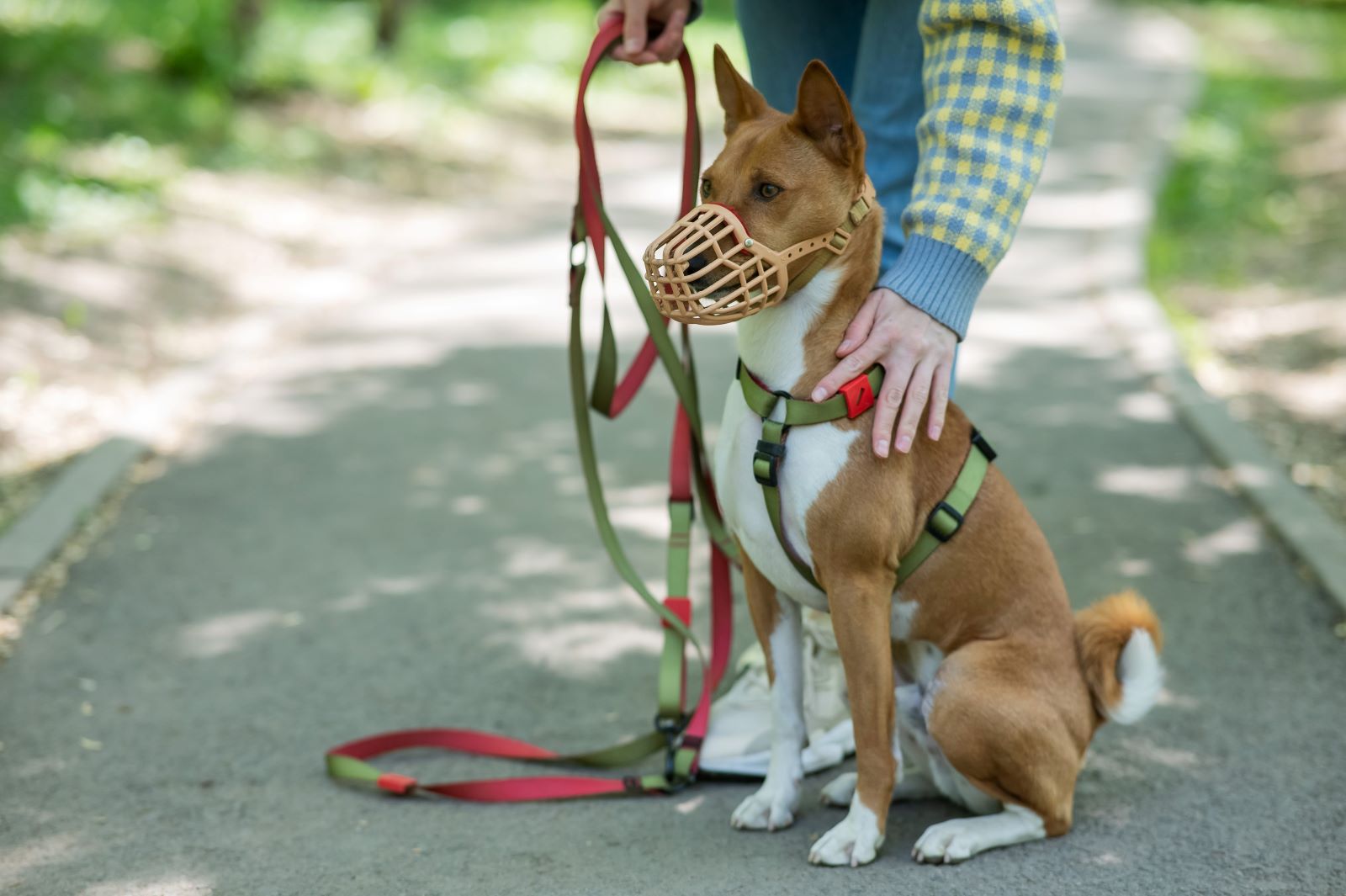
Looking at how other countries handle dangerous dog breeds can provide valuable insights and potential solutions for the UK.
Future of Dog Legislation in the UK

The future of dog legislation in the UK may involve a shift towards more holistic approaches that address the root causes of dog aggression.
Balancing Safety and Fairness

Finding a balance between ensuring public safety and treating dogs fairly is essential in addressing the issue of dog attacks by banned breeds in the UK.
Featured Image Credit: Shutterstock / ROBERT ENRIQUEZ.
For transparency, this content was partly developed with AI assistance and carefully curated by an experienced editor to be informative and ensure accuracy.

